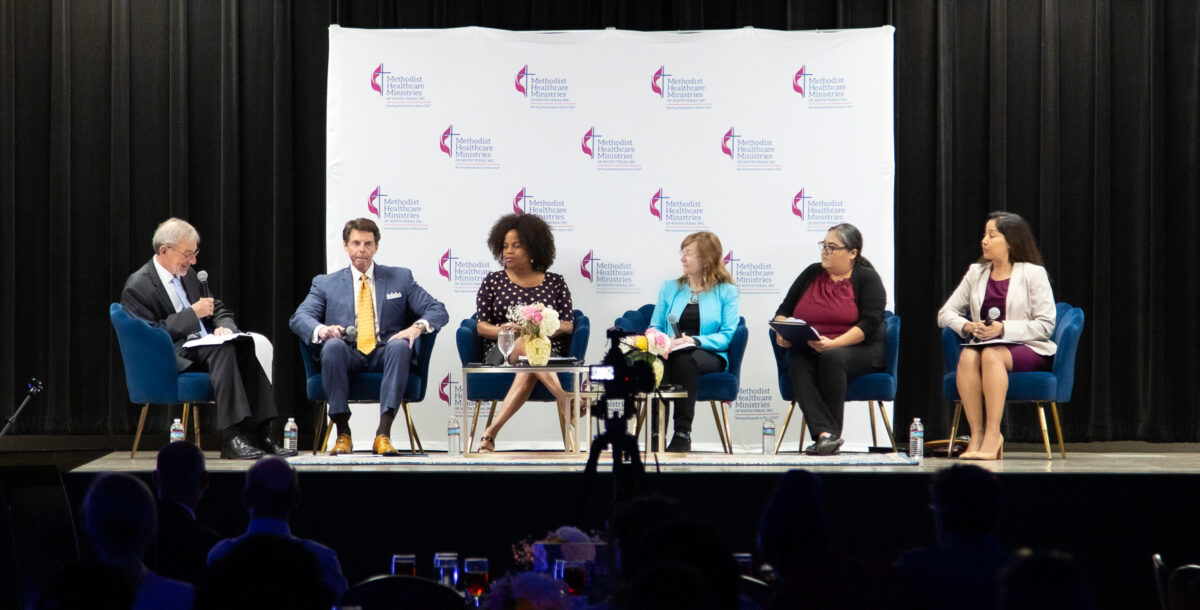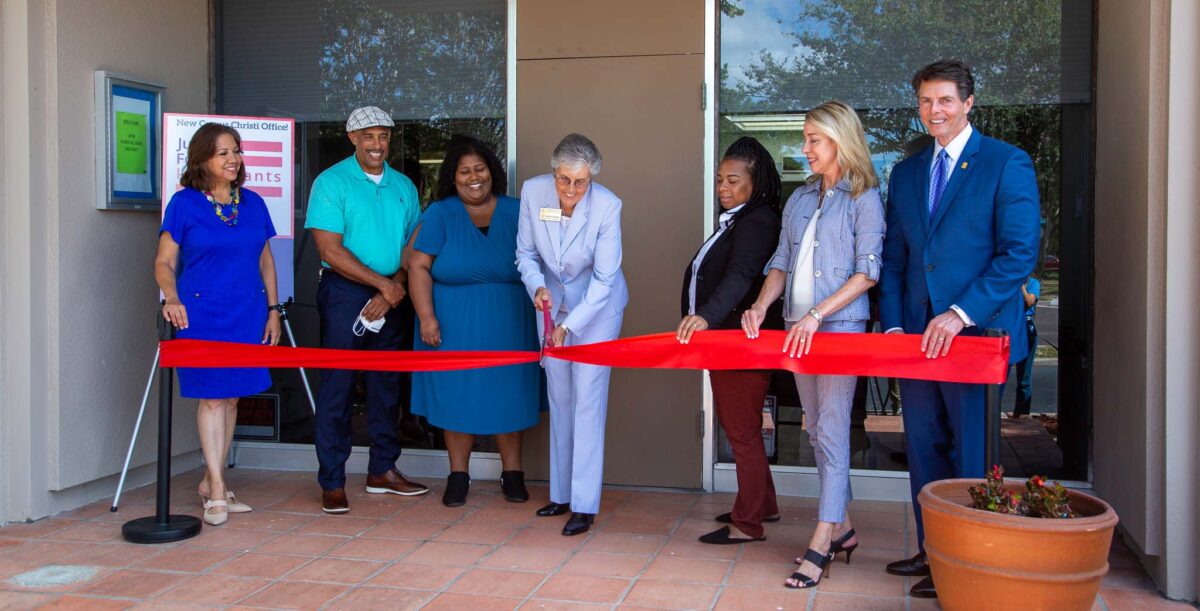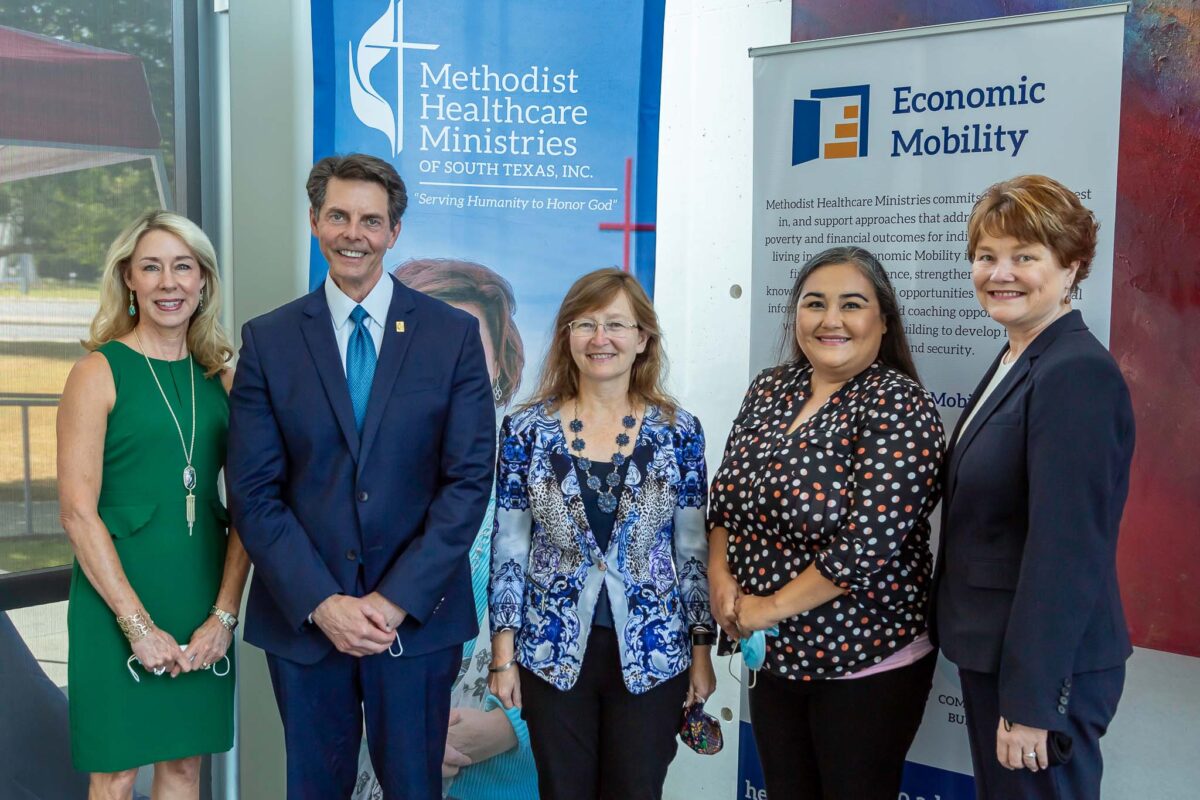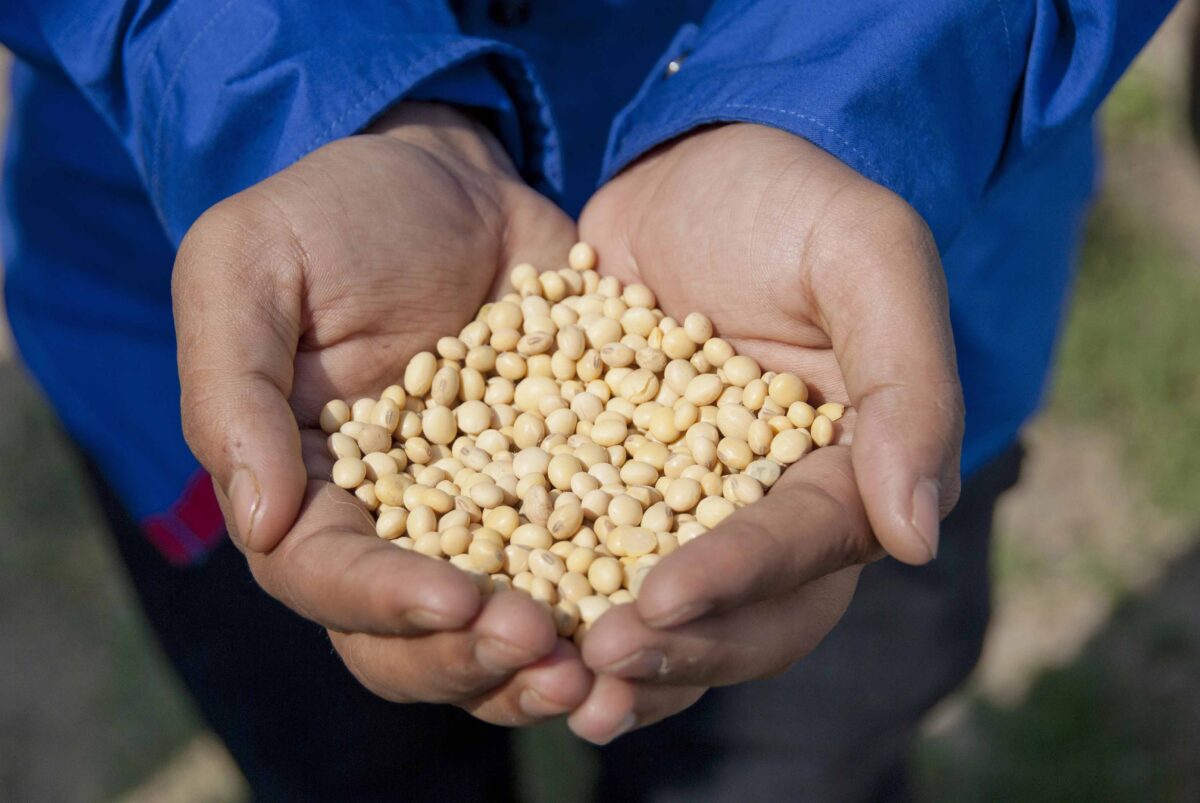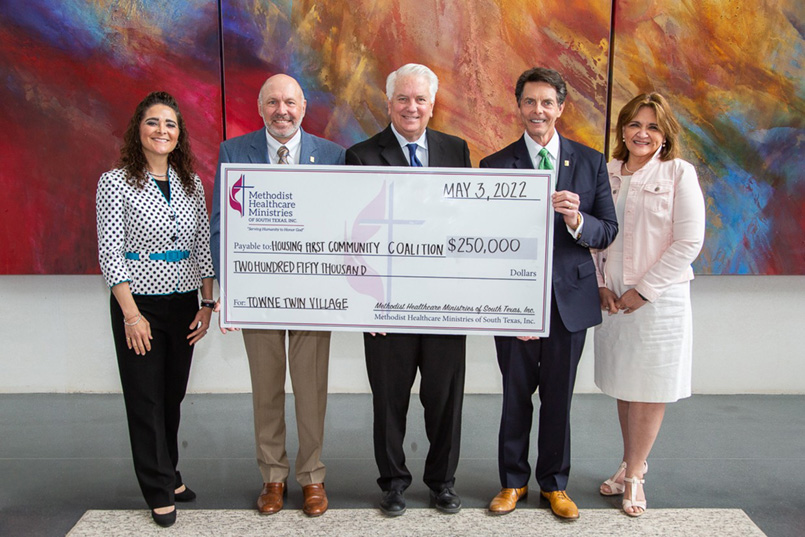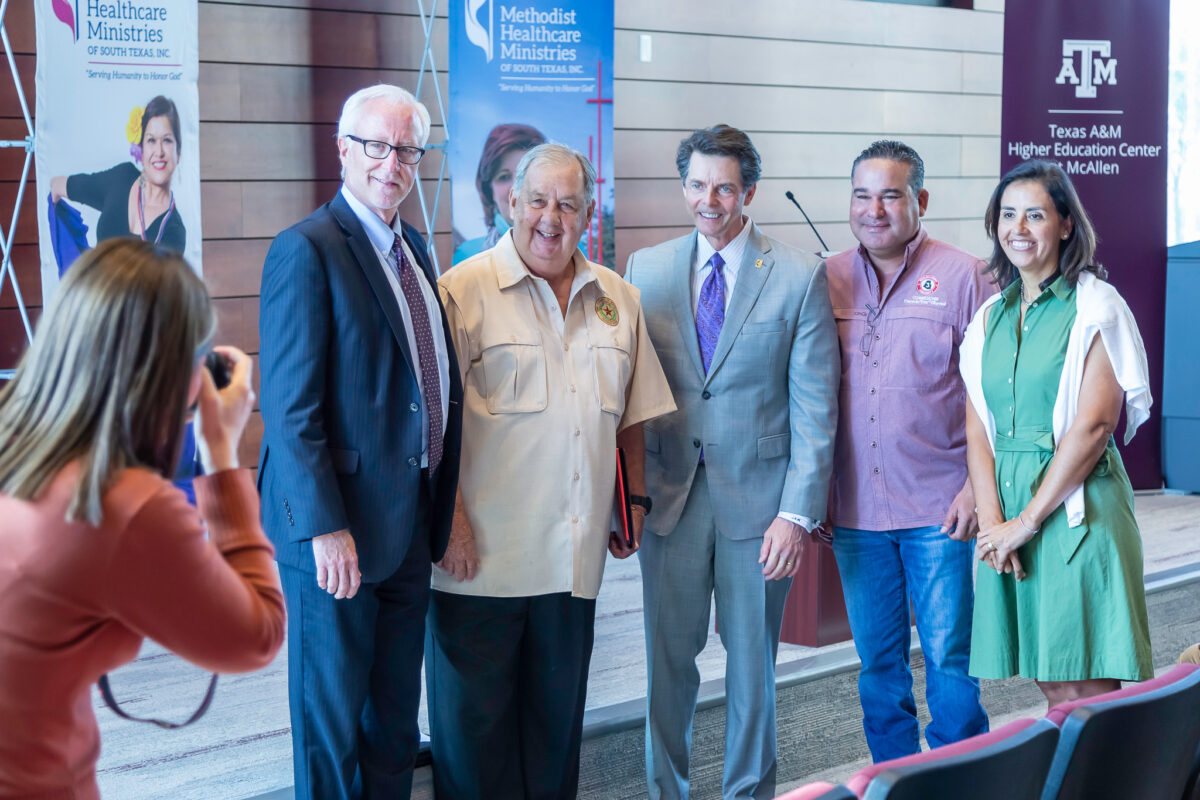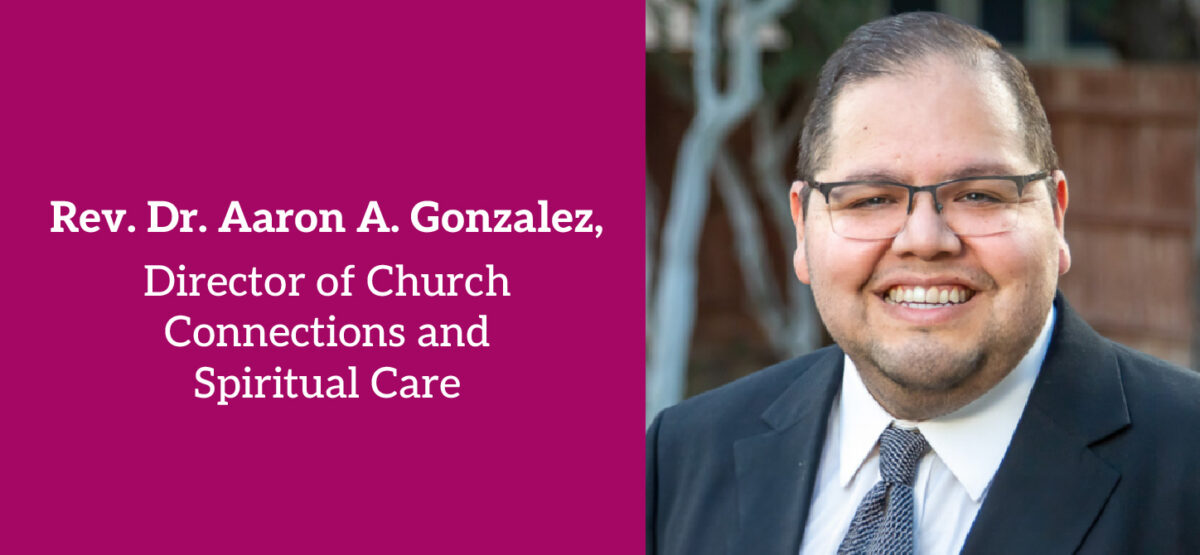An Economic Mobility Study Building Upon the Strengths of San Antonio
On August 31, Methodist Healthcare Ministries, along with key partners and members of the community gathered at The Neighborhood Place in the Westside of San Antonio to learn more about how economic mobility approaches and interventions can positively impact the city of San Antonio and other communities.
The more than 100 attendees at the event listened to a keynote presentation by Charles J. Homer, M.D., M.P.H who has served as a clinician and researcher on national healthcare, education, and economic mobility focused initiatives. His presentation gave an in-depth look into why it is important to address inter-generational poverty in our communities and strategies that promote economic mobility. He also discussed how different interventions, such as cash assistance, and science-based coaching and recognition, can work together to positively impact individual and community-wide health and life outcomes. Click here to view his remarks.
After lunch, a panel discussion focused on how one local intervention—the San Antonio G.O.A.L.S. Initiative—has the potential to transform and strengthen the financial independence and well-being of resilient individuals and families. Click here to read more about the San Antonio G.O.A.L.S. Initiative. The panel, moderated by Dr. Homer, included representatives from our key community partners on the G.O.A.L.S. Initiative, alongside our President & CEO, Jaime Wesolowski.
Community Conversation Panelists
|
The San Antonio G.O.A.L.S. Initiative
Methodist Healthcare Ministries commissioned The University of Texas at San Antonio College of Health Community and Policy (HCAP) to serve as third-party evaluators of the economic mobility research study, looking at two different interventions: cash assistance and economic coaching, specifically EMPath’s Mobility Mentoring®.
The research focuses on understanding how Cash Assistance and a type of partnership called Mobility Mentoring® contribute to financial stability and economic mobility in Bexar County. We want to understand the combined impact of these interventions on financial self-sufficiency, while learning about the factors or participant characteristics that affect the impacts of the interventions. We want to learn about what works best for different people in Bexar County. Recruitment is currently underway . The application is open to individuals ages 18-60 who live in one of 13 priority zip codes with an income that is less than 150% of the federal poverty line. Families living in these zip codes have some of the highest levels of poverty in Bexar County. One person per household may apply, and 575 people will be selected to participate.
After two years, we hope that the findings we learn can help inform our future strategies and investments around economic mobility, as well as serve as a model for other communities and organizations to follow. Ultimately, we want to see what impact these interventions can have on health and well-being of these community members and imagine what this could mean for all of South Texas.
During the Q&A portion of our community conversation, several attendees asked how the G.O.A.L.S. Initiative would take into consideration the difficulty our communities experience with participation in research. Attendees shared that fear of discrimination, language difficulties and lack of access to healthcare were some of the reasons community members do not participate in research studies. The G.O.A.L.S. Initiative is internally guided by Dr. Inez Cruz, who leads Methodist Healthcare Ministries’ research efforts. Dr. Cruz acknowledged that “historically a tension exists between diverse communities, especially communities of color, and research recruitment.” She noted that two prominent deterrents to participation in research studies are lack of trust and appropriate incentives. However, over the years Latino researchers, and researchers in general, have striven to address these concerns.
Dr. Cruz added, “As a researcher, I need diverse communities, to participate in research if we want our findings to be reflective of the community we serve.” For San Antonio, this means not only Latino/a/x, immigrant, and Black community members but also other individuals and communities historically underrepresented in research, including indigenous communities and people with disabilities. The G.O.A.L.S. Initiative began with community surveys and focus groups to ensure that our research directly incorporated community feedback. Methodist Healthcare Ministries has partnered with trusted community-based nonprofits (Family Service and Empower House). The study will be accessible to participants in English and Spanish and we will also work to accommodate other languages and individuals with disabilities in an effort to reduce barriers to participate. And finally, the G.O.A.L.S. Initiative recognizes the value of our community’s time and expertise. At a minimum each participant can receive $250 in gift cards over the two years for completing surveys with the potential for either economic coaching, cash assistance or a combination of both.
Why is Methodist Healthcare Ministries supporting this effort?
Two years ago, Methodist Healthcare Ministries commemorated 25 years of service to communities across South Texas. As we crossed the quarter-century mark, we asked ourselves: “Were the health and well-being of communities across South Texas improving?”
The answer for many of our patients and clients was—yes! However, when we looked at overall population health metrics across communities in our service area, we saw that many community-wide metrics were not improving. We knew we had to set a course for the next 25 years to make broader, community-wide impact. So, we committed ourselves to a new strategic vision and plan rooted in health equity.
Methodist Healthcare Ministries’ Commitment to Health Equity:Methodist Healthcare Ministries of South Texas, Inc. believes that to improve the wellness of the least served and fully live out its mission of “Serving Humanity to Honor God,” it must recognize the inequities inherent in its communities that contribute to poor health outcomes. Health Equity is both the process and goal by which Methodist Healthcare Ministries seeks to carry out that purpose. Health Equity is a framework of thought and action that strives to reduce racial and socio-economic disparities and create fair and just opportunities for every person to reach their full potential for health and life and contribute to that of others. |
As part of our new strategic plan and focus on health equity, we committed to impacting systemic change in the communities we serve, and economic mobility is one of our focus areas.
Our work to advance health equity includes addressing systemic and root causes of inequity to disrupt the cycle of inter-generational poverty. As we examined those roots, poverty, especially generational poverty, stood out as being one of the strongest risk factors for poor health. Particularly, the link between financial well-being—and physical and mental health.
Financial independence directly contributes to our quality of life—it impacts where we can live, what types of foods and services we can access, the quality of our education and access to healthcare. Generational poverty is when poverty persists in a family for at least two generations and is affected by employment, economic, education, and other community-wide systems that have historically excluded and marginalized entire communities through racism, sexism, and other injustices. To disrupt cycles of generational poverty and improve the social and economic factors that impact community health outcomes, solutions must acknowledge the inherent dignity of each person and the circumstances that exist across communities. Solutions should build upon existing assets of individuals and communities and allow individuals and families to best meet their financial needs and life goals.
There are several steps Methodist Healthcare Ministries is committed to taking in order to address generational poverty and promote prosperity. We are going to identify, invest in, and support approaches that address root causes of poverty and financial outcomes for individuals and families living in poverty. We will focus on strengthening financial inclusion, knowledge, behaviors and opportunities through financial information, education and coaching opportunities, along with capital and asset building to develop financial capability and security.
Our hope is that in two years, when the results of this economic study emerge, we will have a clear understanding of the approaches and strategies that can help strengthen families and foster thriving communities across our service area. We hope the findings will be a model for other organizations and communities to follow to promote generational prosperity across the country.
It’s a lofty goal, for sure, but doing so will be just one more example of our efforts to bring the words of John Wesley to life. We’ll be doing all the good we can, by all the means we can, in all the ways we can, in all the places we can, at all the times we can, to all the people we can, as long as ever we can.
——————————————————————————————————————————————————
Resources

